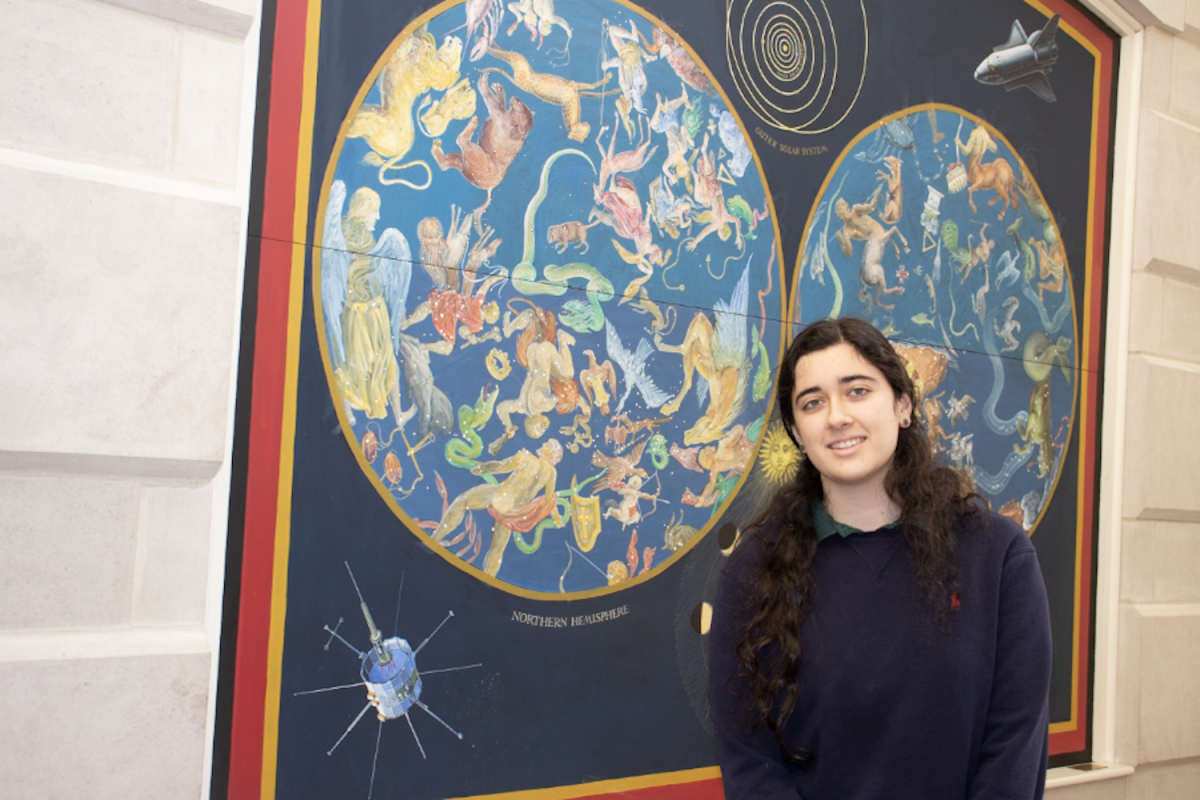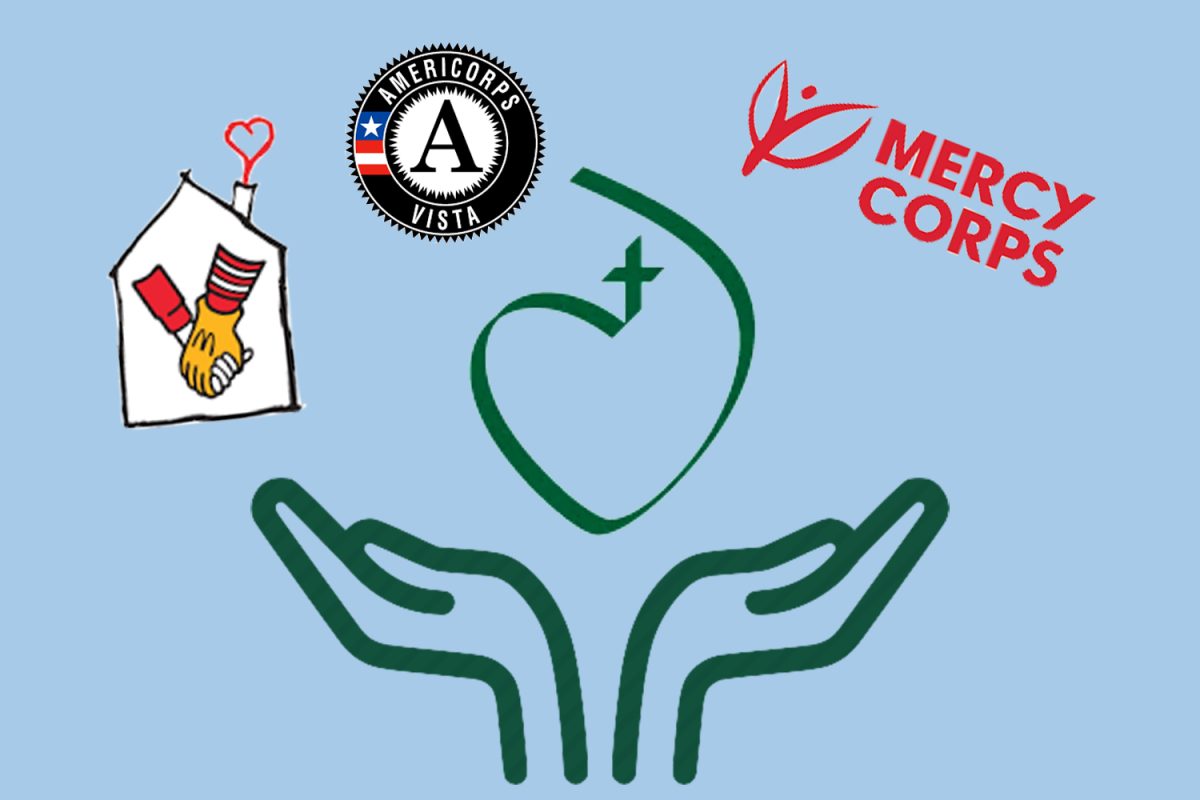
Thanksgiving is a time for traditional family gatherings with traditional holiday meals. The customary foods come with customary folklore about post-consumption drowsiness and healthy compensations for the calories. Here are some facts behind the feast.
According to pbs.org, “Even though the turkey does contain high levels of L-tryptophan, it is comparable to that contained in many other meats that we consume, moreover, in order for L-tryptophan to really make you sleepy, you need to take it on an empty stomach and without ingesting any other types of amino acids or protein.”
If feelings of drowsiness persist, carbohydrates may be to blame. Apparently, carbohydrate-rich meals trigger the pancreas to release insulin, a hormone that breaks down sugar and stimulates the intake of branch-chained amino acids, not including tryptophan. This process produces a greater ratio of L-tryptophan to branch-chained amino acids in the blood.
“The brain converts the L-tryptophan into serotonin that is eventually metabolized by the pineal gland into melatonin, a substance many travelers know as nature’s sleeping pill,” according to pbs.org.
At junior Sabrina Carrozzi’s home, Thanksgiving yields an abundance of turkey. While Sabrina has heard of its infamous reputation, she, like many others, did not know the science behind it.
“I’ve heard that Turkey makes people sleepy, but I never knew that it depends more on what foods you eat with it, than turkey itself,” she said.
Cranberry sauce is another hallmark of the Thanksgiving table whose health benefits remain unchallenged.
Cranberries are one of the most antioxidant-rich fruits in the world. Antioxidants, including vitamins C and E, help protect cells from the dangers of free radicals, or harmful by-products that damage cells.
“Cranberries have a long list of antioxidant superstars to their credit– more than 150 different health-promoting phytochemicals in fact. And these compounds are probably responsible for the multitude of amazing health benefits cranberries confer,” according to sharecare.com.
Cranberries help prevent a bacteria called Helicobacter pylori from permeating the stomach lining, thus placating stomach ulcers. Also, cranberries promote gum and teeth health. Their nutrients fight plaque by preventing the buildup of bacteria.
Many people are unaware of the benefits of dessert. In one slice of pumpkin pie, there are over 12 vitamins. Some of these include thiamin, B-12, riboflavin, folate and niacin.
According to healthyeating.sfgate.com, “These vitamins aid in skin, vision and neurological health, red blood cell formation and the maintenance of appetite, digestion and metabolism. Folate also helps lower the risks of coronary artery disease and some birth defects.”
Vitamins A, E and K also assist in supplementing healthy skin, strengthening night vision, reducing the risk of blood clots and increasing bone and tooth health.
While a slice of pumpkin pie has many healthful benefits, it also has a high fat, cholesterol and sodium content, so eating in moderation is encouraged.
But at the end of the night, that second serving of turkey, additional spoonful of cranberry sauce, or extra slice of pumpkin pie will not end up doing much harm.
— Molly Geisinger, News Editor







